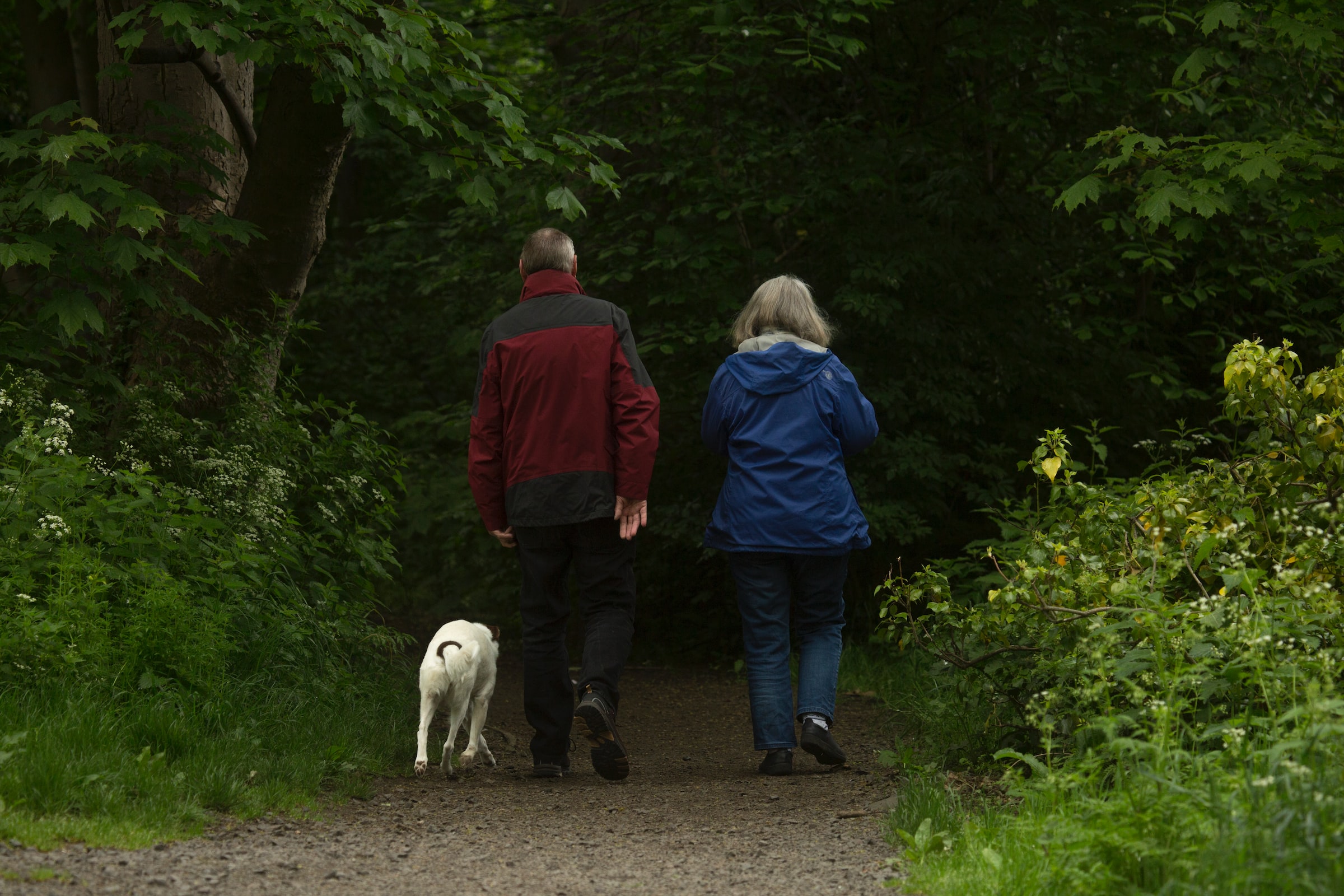The transition from working life to retirement is an important stage in the lives of working people. With the increase in life expectancy and progress in health, we are almost all guaranteed to live for many more years, free from the constraints of the working world.
So we should prepare ourselves as best we can for the years that remain. Managing this transition is as much about anticipating future activities as it is about continuing to reach out to others or providing sufficient income to live well in retirement. Our 5 tips for managing the transition from working life to retirement
1. Anticipate your transition from working life to retirement

To make the most of your transition from working life to retirement, make sure you prepare for this stage well in advance. It is three or four years before you retire that you should think about and organize your activities and your future lifestyle. Stopping working does not mean remaining inactive.
On the contrary, this is the time of your life when you will have plenty of time to indulge your passions, so why not take up sport or travel to countries you have always dreamed of? Anticipating your transition from working life to retirement means asking yourself the right questions: “What do I want to do?”, “What am I capable of doing?” or “What have I never dared to do until now?
2. Share your fears about retirement
The fact of having to leave the professional world, breaking with a timetable based on work, and possibly losing responsibilities is experienced differently depending on the person. Some will enter their retirement period serenely and even enthusiastically, while others will find it difficult or fearful to find themselves without work and colleagues overnight. It is true that the arrival of retirement is most often dealt with in more technical terms (pension, settlement, etc.) than in human terms.
It is normal to approach the end of one’s working life and the transition to retirement with a certain amount of apprehension. This may be the time to approach a professional (psychologist, psychiatrist, etc.) who will allow you to talk freely and free you from your legitimate anxieties so that you can tackle this new stage of life as well as possible.
3. Dare to reach out to others

Retirement does not mean isolation from society and is not necessarily synonymous with loneliness; in fact quite the opposite for some. If you don’t want to suffer from isolation, as thousands of elderly people unfortunately do, the transition to retirement is the ideal time to reach out to others and not cut yourself off from society. There are many sports, cultural, artistic, and voluntary activities available to seniors.
Perhaps this is the time for you to get involved as a volunteer in an association that has been close to your heart for a long time but for which you lacked the time during your working life. Reaching out to others can also mean traveling. Traveling in a group, for example, but also discovering new cultures by your own means and making nice human encounters.
4. Opt for a phased retirement
You don’t have to retire 100% straight away. If you are apprehensive about this transition from working life to retirement, consider taking a phased retirement. This possibility of arranging this stage of life by continuing to work part-time while receiving part of your retirement pension is a perfect solution for those who wish to have a kind of ‘breathing space’ between working life and retirement. The possibility of retiring gradually is subject to conditions, notably the number of quarters contributed and the age.
5. Preparing financially for retirement

The question of the transition from working life to retirement is often summed up by the fear of a certain isolation and loneliness. But for many, it is also primarily a question of financial concerns. Indeed, receiving a retirement pension almost always means a drop in one’s standard of living, not to mention insurance and supplementary health care. It is therefore important to look at one’s future resources once retired and to consider solutions to supplement them in order to lead a decent life without too many changes compared to one’s working life.
Sound off in the comments section below, and tell us what you want to read next and if you want to read more about living in a retirement home.








[…] to remember is that it’s common for people, within the first few days and weeks of retirement, to feel lost. When you’ve been working for decades and then suddenly stop that routine, it’s jarring. But […]